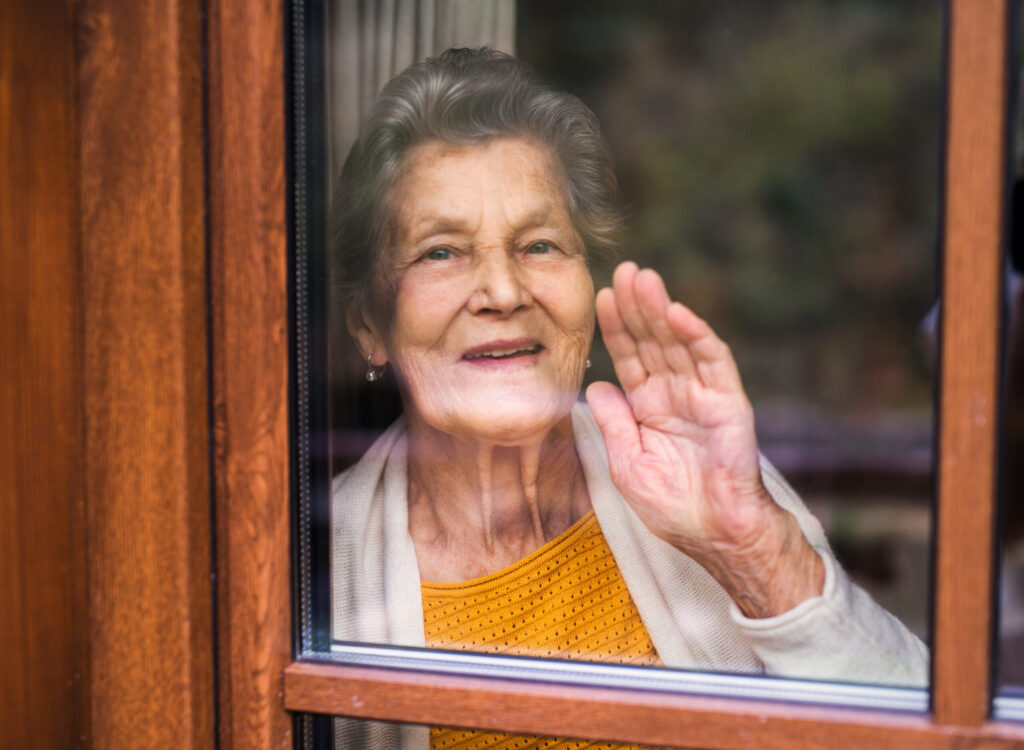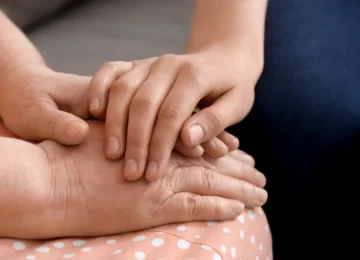How to Manage Care of Loved Ones in Assisted Living Facilities

The “sandwich generation” is the point in adulthood when we must balance the responsibilities of parenting along with the responsibilities of caring for parents who are experiencing a decline in health and independence.
This period involves the stress of meeting the needs of both the elder and younger generation, without the support we once received from parents. While the financial and time demands during this time may be taxing, many also experience feelings of frustration and helplessness as they witness their beloved parents lose their autonomy and independence.
Here are some tips to meet the needs of parents or other loved ones who may be confined to assisting living facilities, while addressing the emotional toll on ourselves:
Clarify what is and is not in your control
As a child who cares for your parent, it is only natural to want to do everything possible to make the situation more manageable. With that being said, make sure that you’re not setting unrealistic expectations for yourself. It can be difficult to be objective about this. Consider what you would tell a friend in your situation or ask friends in similar situations what they are and aren’t doing.
Differentiate between guilt and frustration
Stress and frustration can be common for those who have loved ones who are suffering in some way. It is important to remind ourselves that even if our loved ones are struggling, that it is not our fault. We can empathize and feel the frustration and stress of others, but when we feel guilty, we are placing unfair blame on ourselves.
Think about your parents’ unique needs and be creative to help meet them when possible
Whether parents are expressing this, there are likely underlying needs that run deeper than being able to visit with family members. Think about your parent’s personality – do they pride themselves in providing for family members? If so, think of ways they can feel like they are providing (e.g., reading a book to a grandchild, helping to plan an activity for when things return to normal etc.).
Keep things in perspective
Remind yourself of the “big picture” – a short-term situation may undoubtedly be difficult, but in the long-term, we are helping ensure the safety of our loved ones. This does not erase the stress our loved ones are experiencing in the moment but can help remind us of the reason we are doing all of this.
Consider your “stuff”
Stressful times can exacerbate internal patterns that we may always face on a smaller scale. If you are someone prone to feeling guilty, or who naturally can be self-critical, it may be helpful to seek professional help to work through these patterns.
JSSA’s Mental Health Services providers are available to the community and accept most major insurance plans. If we can help you, call now: 240-800-JSSA.



